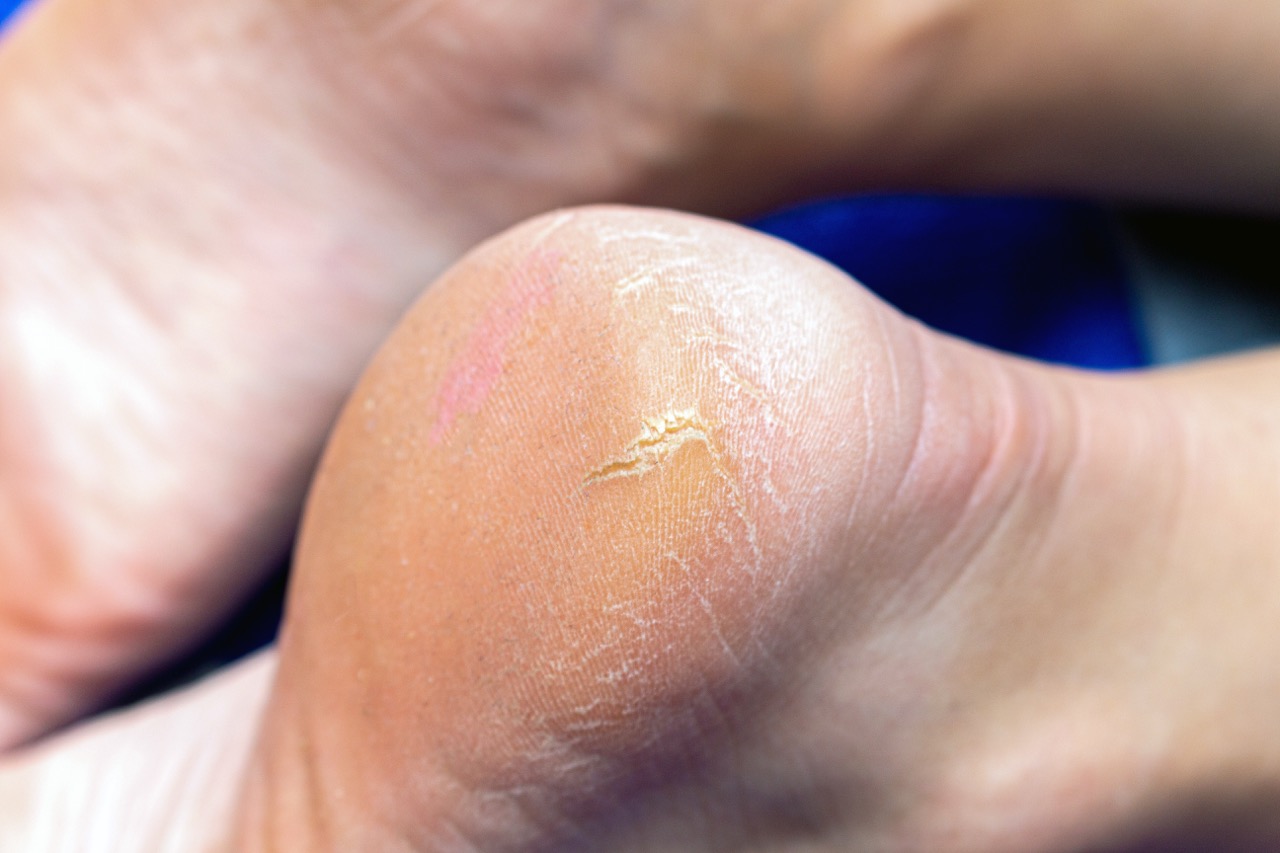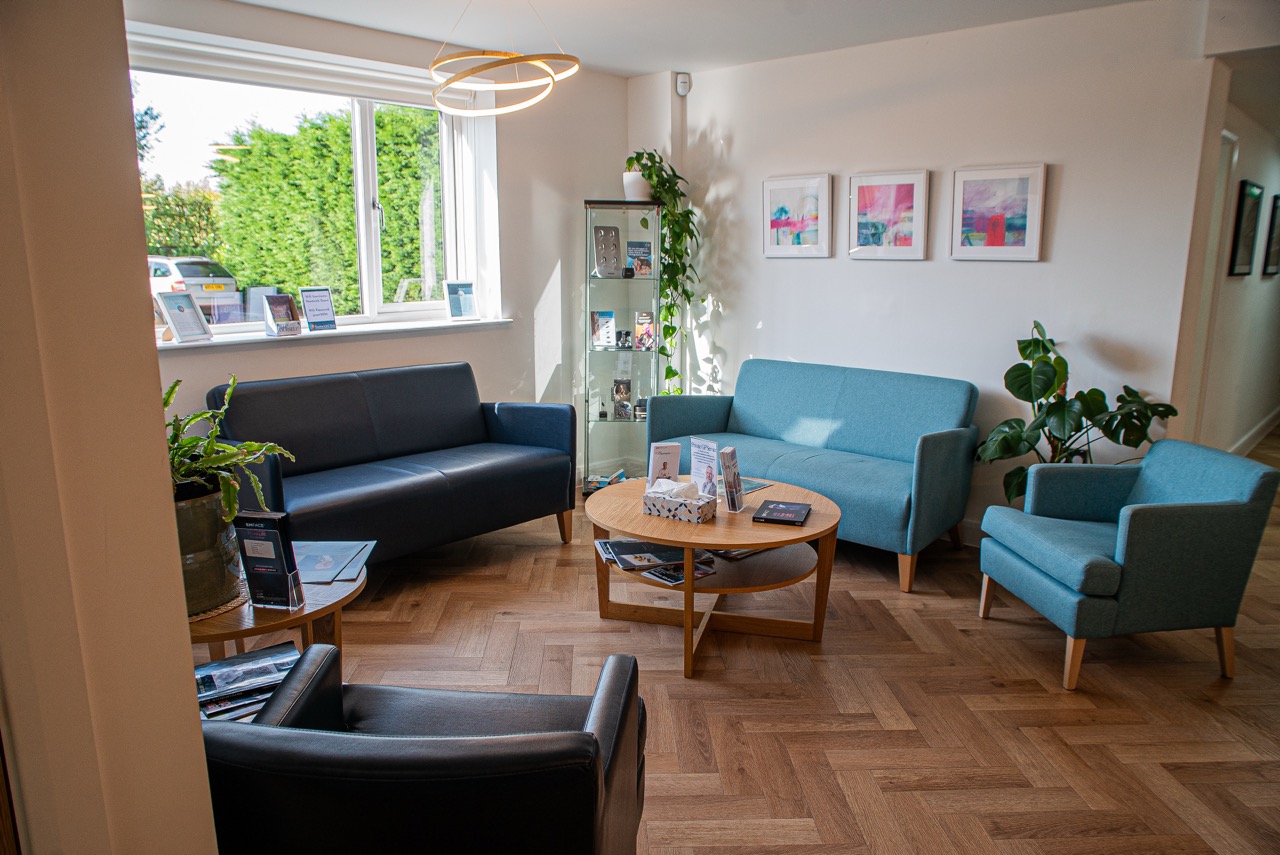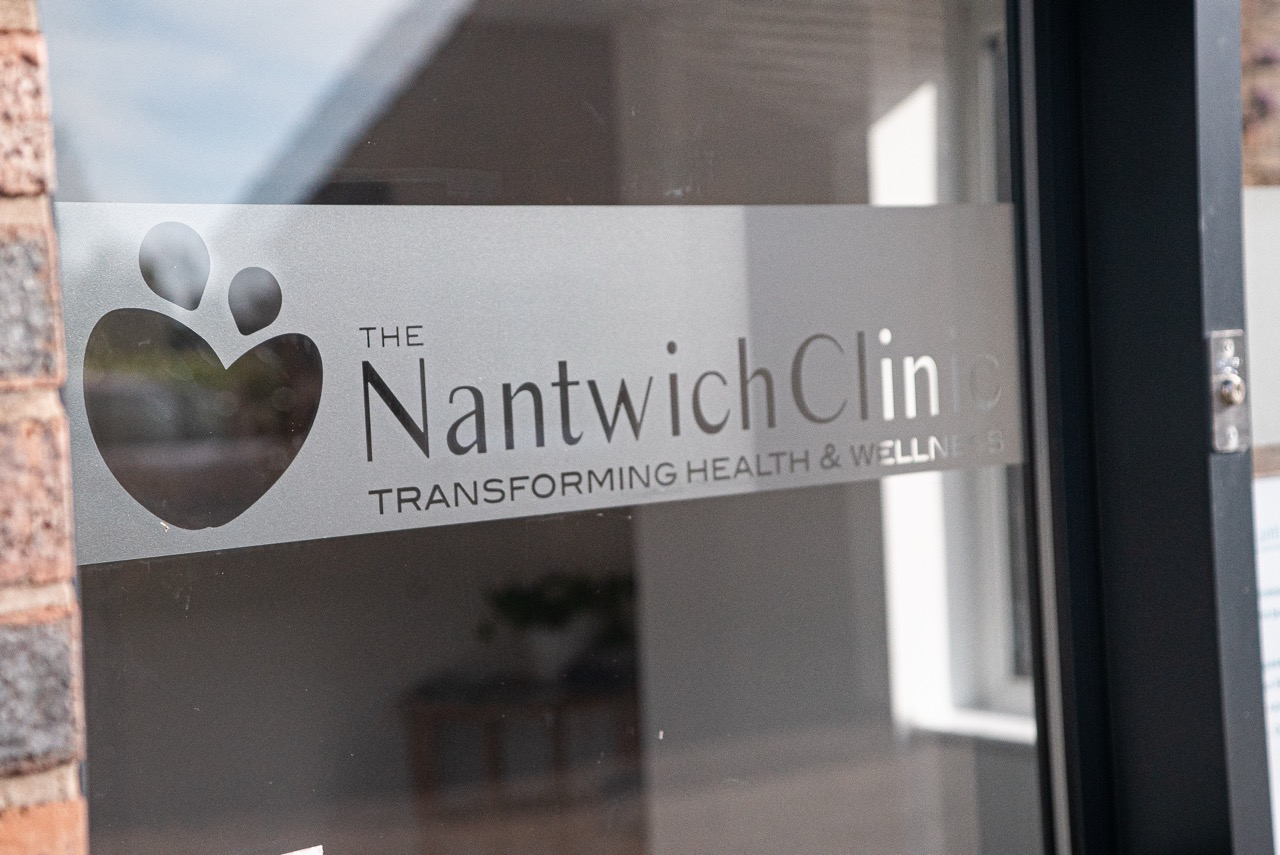Join The Nantwich Clinic Club to keep up to date with news and offers!
Sign UpA callus, or a callosity, is an area of skin that has thickened due to the effects of friction on the skin, pressure or some kind of irritation. While they often happen on the feet which are a weight bearing part of the body, they can also occur on the hands, elbows or knees. They don’t usually cause any discomfort for a person who has them, but when putting pressure on a callus while walking can trigger a painful response.
Most calluses are symptoms of an underlying problem such as a form of deformity, wearing footwear that is inappropriate for the task or walking in a particular way.

The main cause for a callus to form is an excess amount of pressure or friction on the skin, which for the feet happens on a daily basis when standing or walking. They can also be caused by;
Other things can also pose a risk include age, diabetes, joint problems and even other problems with the feet including bunions. Your lifestyle also poses a risk as smoking and even certain medications can increase the risk of a callus forming.
While calluses in general are considered to be painless more often than not, depending on their position they can cause pain when you are walking or putting weight on them. If you didn’t know that you had a callus, it can present itself in the first instance as;
If your callus is starting to become painful, feel warm to the touch or showing signs of redness then it’s worth seeking advice from a medical professional or podiatrist as it could be a sign of infection in addition to the callus.
Anyone who suffers from diabetes, artery disease or neuropathy need to be especially mindful that they seek medical attention to discuss any concerns.

If the callus is painful, a podiatrist will be able to advise you as to why this has occurred and, where possible, how to prevent it happening again. The podiatrist can also remove hard skin, relieve pain, and redistribute pressure with soft padding, strapping, or corrective appliances which fit easily into your shoes. The skin should then return to its normal state.
Anyone can benefit from padding to the ball of the foot (the elderly, sportspeople, businesspeople etc.), to compensate for any loss of natural padding. Foot creams with a high Urea content delay callus building up, and help improve the skin’s natural elasticity. Talk to our team about Footmender.
Book your callus treatment appointment with The Nantwich Clinic by calling the number below.
Alternatively, you can use the link below to book online.

Whether it’s a quick question that you need to ask, or you would like to book an appointment with us, we want to hear from you. Simply click the button below to get started or contact us on 01270 627118.